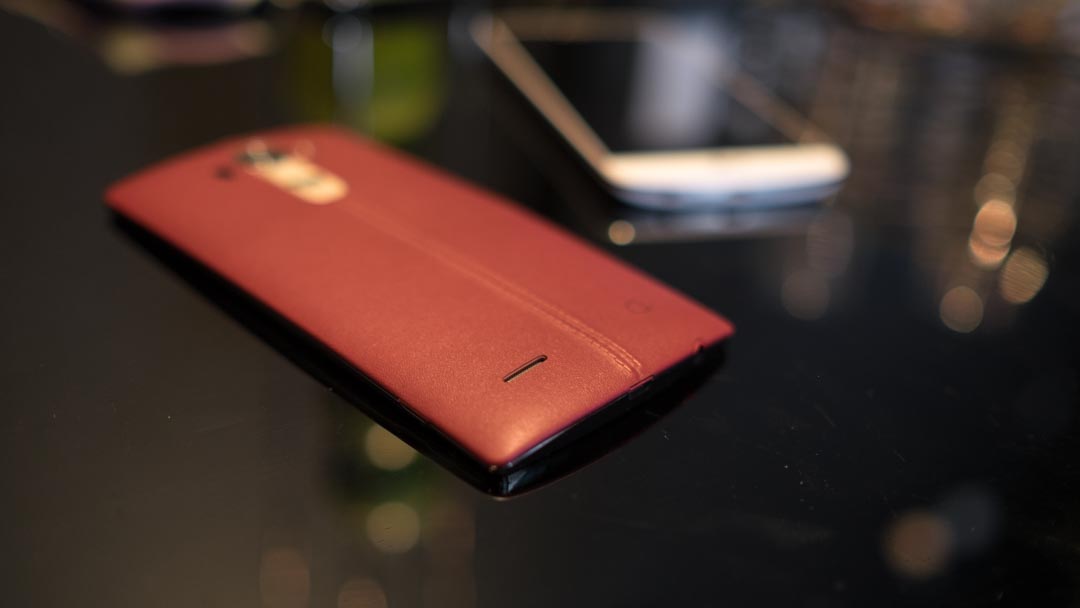LG: The Snapdragon 808 is not a step down from the 810
And Qualcomm agrees

The head of mobile of LG UK, Andy Coughlin, has told TechRadar that the LG G4 isn't underpowered by using the Snapdragon 808 chip, despite some claiming that it was bolted into the new flagship handset due to issues with the current high-end chip.
"The [new Snapdragon 808} is not a step down - it might look that way to some because of 'number crunching' [that the number is smaller and therefore the chip inferior] but the 808 is something we've been working on with Qualcomm separately, even before the G Flex 2 came to market.
"The 808 has actually been developed with our engineers and Qualcomm [together] to get the very best out of the [G4]. We can get into cores if you want, but we don't believe you need lots and lots of cores to actually give great efficiency, it's about how you use those cores and the efficiency of the chip."
A Hexing issue
However, there are still questions over why LG is using a hexa-core chip, rather than octa-core, in its latest flagship. Given it's trying to sell into an Asian market, which traditionally values higher-powered handsets over anything else, it seems odd that it would just down-spec the phone for the sake of it.
Coughlin disagreed though, pointing to the improved navigational capabilities of the 808 chip from Qualcomm, combined with better battery life, as the reason LG went with the CPU.
"I wouldn't say there is no need to [use] the 810, but our development process was always with the 808. This processor will give a better navigational experience as well as help with less battery drain - those are tangible benefits.
"The chipset itself is not exclusive to LG, but you'll see others a bit delayed in coming to market with it."
Sign up for breaking news, reviews, opinion, top tech deals, and more.
It seems even if there were an issue with the 810 - and it seems odd not to use the greater-powered chip given it was the first to do so with the G Flex 2 - LG isn't prepared to talk about the reasons.
It would be great to believe a brand is really going down in spec to preserve battery life though - something consumers are crying out for, especially since the Samsung Galaxy S6, HTC One M9 and iPhone 6 all are unable to last a day without needing to be bolted to a charger.
- Read up on the LG G4 here.

Gareth has been part of the consumer technology world in a career spanning three decades. He started life as a staff writer on the fledgling TechRadar, and has grew with the site (primarily as phones, tablets and wearables editor) until becoming Global Editor in Chief in 2018. Gareth has written over 4,000 articles for TechRadar, has contributed expert insight to a number of other publications, chaired panels on zeitgeist technologies, presented at the Gadget Show Live as well as representing the brand on TV and radio for multiple channels including Sky, BBC, ITV and Al-Jazeera. Passionate about fitness, he can bore anyone rigid about stress management, sleep tracking, heart rate variance as well as bemoaning something about the latest iPhone, Galaxy or OLED TV.